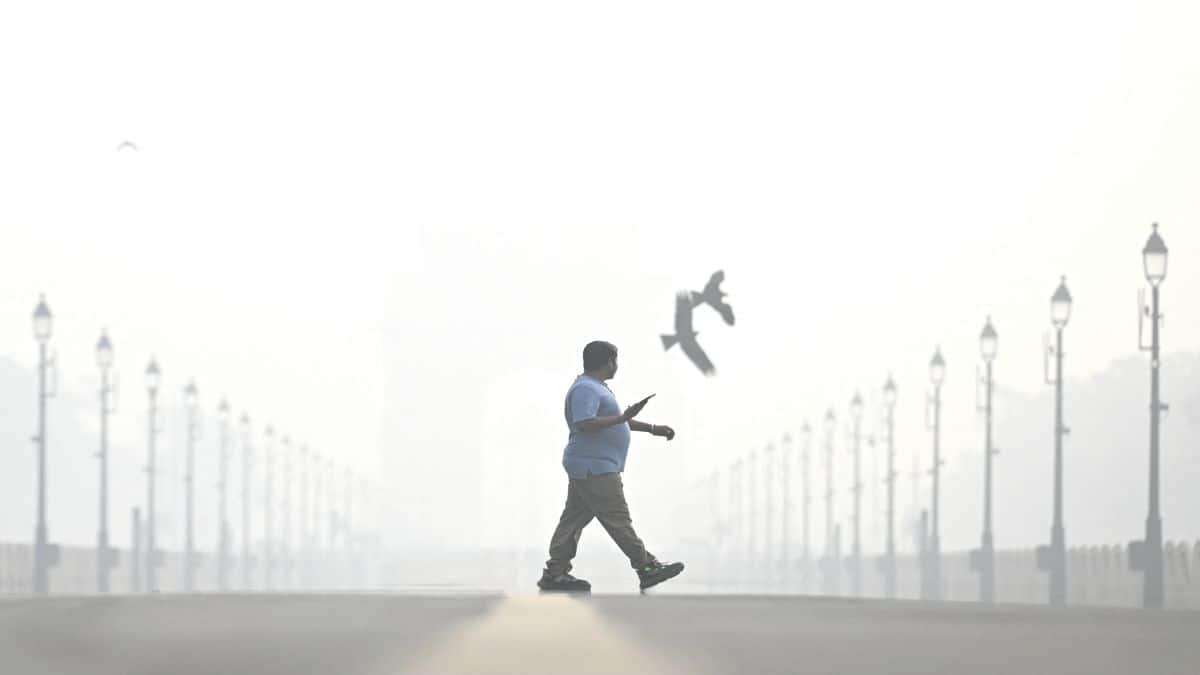Dalit history month: Why the cattle-skinners of Bundelkhand are giving up their caste profession
Khabar Lahariya
• April 14, 2018, 16:10:12 IST
Cattle-skinners in UP are suffering dual discrimination for their trade. Looked down for their caste, their work is now being shunned even from within their communities.
Advertisement
Find us on YouTube

No rain in Delhi after cloud seeding trials. Why did the experiment flop?
Delhi conducted cloud seeding experiments to induce artificial rain and reduce pollution but saw no rain due to low moisture in clouds. Despite no rain, the cloud seeding trials led to a slight improvement in air quality, with PM2.5 and PM10 levels dropping in targeted areas. More cloud seeding experiments are planned, depending on atmospheric conditions, to further address Delhi's pollution issues.
More Impact Shorts

)
)
)
)
)
)
)
)



